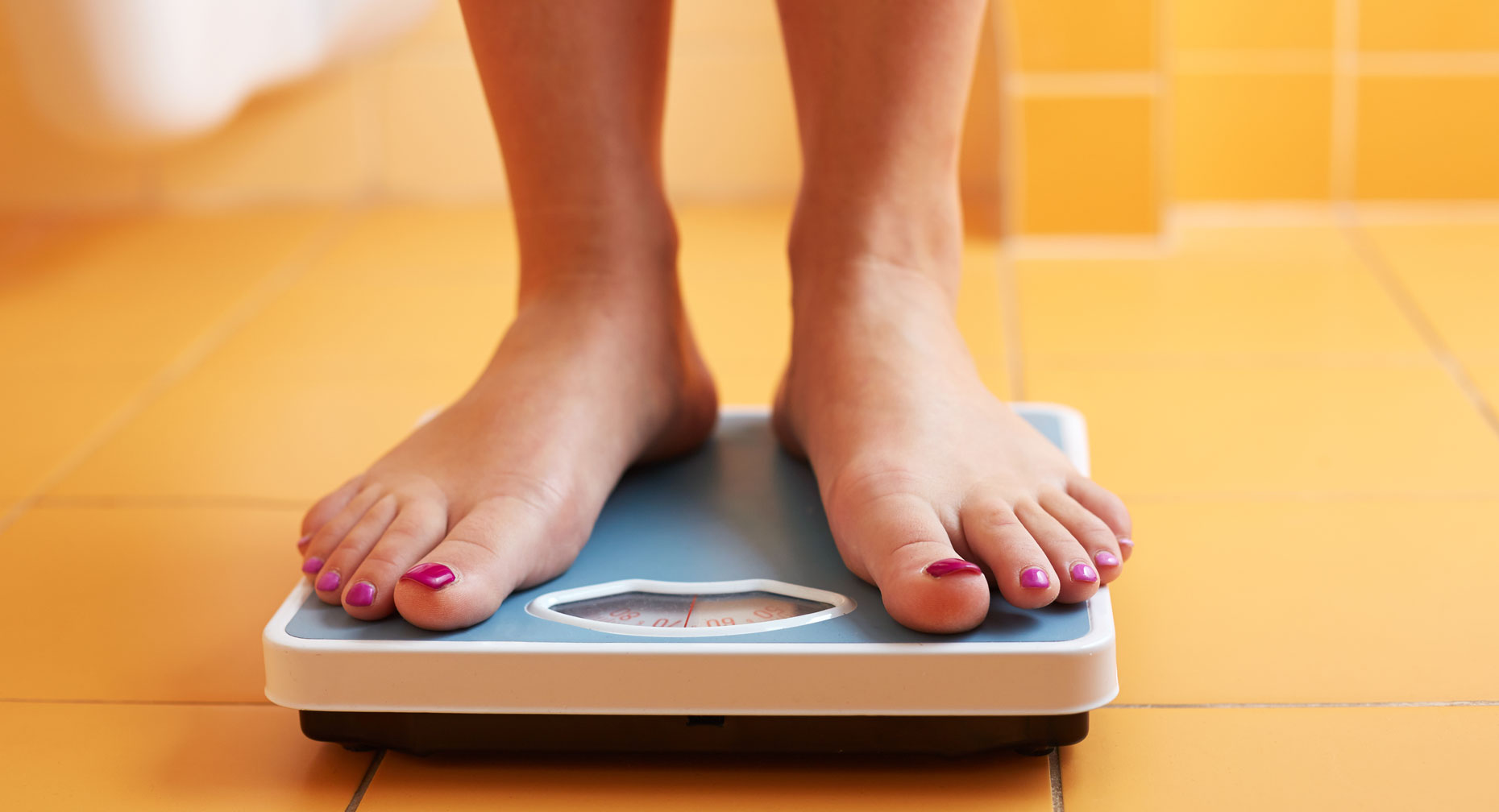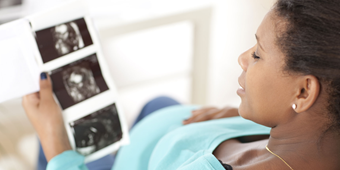Pining For Pregnancy? Drop Some Extra Pounds First

Find Your Perfect Match
Answer a few questions and we'll provide you with a list of primary care providers that best fit your needs.
Fantasizing about holding your own baby in your arms? If you’re carrying around some extra pounds, consider shedding some weight before becoming pregnant.
“I’m very passionate about this subject because complications caused by extra weight are rapidly increasing, and so are maternal mortality rates,” says David S. McKenna, MD, specialist in maternal-fetal medicine. “Overweight and obesity are two conditions that can put you and your baby at risk. Of our current high-risk pregnancy patients, only 22 percent of the women are at normal weight. Seventy-eight percent are overweight or obese.”
Being overweight is defined as having a body mass index (BMI) of 25 to 29.9. Obesity is defined as having a BMI of 30 or greater.
What Are My Risks?
In addition to regular risks such as increased heart attack risk:
- Gestational diabetes is diabetes that’s
diagnosed during pregnancy. This condition can increase the risk of having a
Cesarean section, and you and your child having diabetes in the future.

- Preeclampsia is a high blood pressure disorder in which your kidneys and liver may fail. Preeclampsia can lead to seizures and, in rare cases, stroke can occur.
- Sleep apnea, a condition in which you stop breathing for short periods during sleep, can cause fatigue. It also increases your risk of high blood pressure, preeclampsia, and heart and lung disorders.
“Overweight and obesity are two conditions that can put you and your baby at risk."
What Are the Risks To My Baby?
- Pregnancy loss
- Stillbirth. The higher the woman’s BMI, the greater the risk.
- Birth defects
- Problems with diagnostic tests. Having too much body fat can make it difficult to see certain problems with the baby’s anatomy on an ultrasound exam.
- Baby is too big. In a condition known as macrosomia, the baby is larger than normal, which increases the risk of baby being injured during birth, and increases the likelihood of Cesarean delivery.
- Preterm birth. Problems associated with a woman’s obesity, such as preeclampsia, may lead to a medically indicated preterm birth. Preterm babies are not as fully developed as babies born after 39 weeks of pregnancy and may have short-term and long-term health problems.
Can Being Obese Affect My Ability To Become Pregnant?
Dr. McKenna explains.
Click play to watch the video or read video transcript.
Start Small
Losing weight before you become pregnant is the best way to decrease the risk of problems caused by obesity. “You don’t have to get down to normal weight to make a difference,” says Dr. McKenna. “Losing even a small amount of weight (5 to 7 percent of your current weight) can help.”
Find Your Perfect Match
Answer a few questions and we'll provide you with a list of primary care providers that best fit your needs.
Source: David S. McKenna, MD, Perinatal Partners; National Institutes of Health; The American College of Obstetricians and Gynecologists






